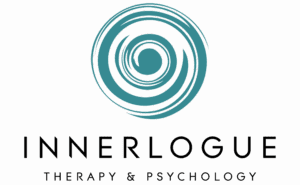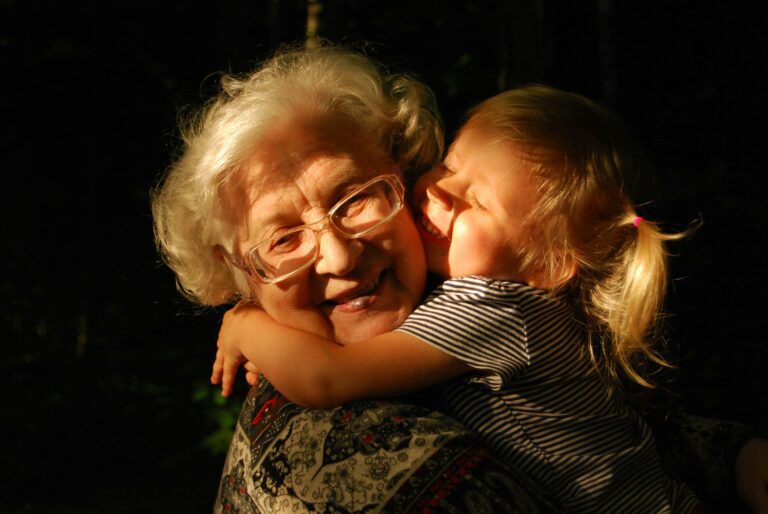Family Therapy in Calgary - Strengthening Bonds and Navigating Life Together
Family life can be full of love, laughter, and happy memories. On the flip side, it can also bring conflict, stress, and emotional strain. Whether you’re facing communication breakdowns or navigating a major life change, family therapy can offer the support and guidance needed to grow stronger together.

Goals of Family Therapy:
The primary aim of family therapy is to strengthen relationships by improving how family members interact, support, and understand each other. Depending on your family’s needs, specific goals might include:
- Improving communication and conflict resolution
- Creating healthier emotional boundaries
- Navigating life transitions (e.g., divorce, illness, moving)
- Supporting a loved one’s mental health journey
- Rebuilding trust and connection after strain
Therapists help families explore patterns, listen with empathy, and develop practical tools that promote emotional well-being.
Common Reasons Families Seek Therapy:
Every family is different, and so are the challenges they face. Here are a few common reasons families reach out for counselling :
- Frequent arguments or unresolved conflicts.
- Strained parent-child relationships.
- Coping with divorce, separation, or blended family dynamics.
- Grief, trauma, or loss within the family.
- Behavioural concerns in children or teens.
- Mental health challenges (e.g., anxiety, ADHD, depression).
- Difficulty with boundaries, communication, or trust.
Family therapy creates a space where every member has a voice, and everyone works toward shared understanding and growth.
Types of Family Therapy:
Family therapy usually takes a systemic approach, meaning it focuses on the family as a whole rather than placing responsibility on just one person. It explores how family members interact and influence each other to help identify patterns that might be causing stress or conflict.
Every family is unique, and various families benefit from different therapeutic approaches. Some of the common types you might encounter include structural therapy, which helps adjust family roles and boundaries to create healthier dynamics. Also, narrative therapy invites family members to rethink and reframe the stories they tell about themselves and each other to open up new possibilities for connection as well as healing. Cognitive-Behavioural Family Therapy (CBFT) applies practical CBT techniques to strengthen problem-solving skills and improve emotional regulation within the family.
Psychoeducation is another valuable tool to help families better understand mental health conditions and learn how to create a strong and compassionate foundation for support for their loved ones. No matter where you’re starting from, therapists will work alongside your family to tailor an approach that fits your unique needs and goals.
At Innerlogue Therapy & Psychology, we believe every family deserves compassionate and informed care. Our Calgary-based team offers in-person sessions in Calgary, as well as virtual therapy across Alberta, to ensure support is accessible and flexible. We work with families navigating anxiety, ADHD, relationship conflict, parenting challenges, and more. Whether you’re just beginning to explore the idea of therapy or ready to take the next step, we’re here to support you in building more connected relationships.

Family Therapy vs. Marriage or Couples Therapy:
Understanding the difference between family therapy and couples counselling can help you find the right kind of support for your loved ones. Marriage or couples therapy focuses on strengthening the bond between romantic partners, specifically helping them navigate challenges to build a deeper and healthier connection.
On the other hand, family therapy brings multiple family members together, which may include children, teens, or extended family. This may be to improve communication, heal relationships, and create a more supportive home environment. Both approaches offer powerful opportunities for growth, and sometimes they can even work hand-in-hand.
If you’re not sure which path is right for you, our team is here to help. We’re happy to talk with you and guide you toward the approach that best fits your family’s needs. Supporting you every step of the way toward stronger, more connected relationships is our goal.

How to Talk to Your Family About Starting Therapy:
Starting therapy can feel intimidating, especially for children or family members who may be unsure of what to expect. Here are some tips to ease the conversation; Be open and honest, let them know that therapy is a safe space to work through things together. Explain it in simpler terms to your children and listen to their concerns with respect as well as understanding. Also, normalise it!! Explaining that lots of families struggle through things and going to therapy to feel more understood can only improve relations.
Throughout this journey, remember teamwork makes the dreamwork – focus on building a foundation with each other and emphasise that it’s not about blaming anyone but growing as a team. Finally, be patient. Give your loved ones time to warm up to the idea and ask questions. Reassure them that their voice matters and that therapy is a shared journey, not something they have to go through alone.
Common Questions Regarding Family Therapy
What are the Benefits of Family Therapy?:
Benefits often include:
- Reduced tension and misunderstandings.
- Healthier, more respectful communication.
- A deeper sense of connection and support.
- Greater emotional awareness among family members.
- Improved ability to cope with stress or crisis as a unit.
How long does family therapy usually last?
The length of therapy can vary depending on your family’s goals and challenges. Some families benefit from just a few sessions, while others choose to continue over several months. Your therapist will work with you to set a pace that feels right for your family.
What happens in a typical family therapy session?:
In a family therapy session, a therapist will guide conversations to help each family member share their thoughts and feelings. The therapist may offer communication tools, conflict resolution strategies, and activities to improve family dynamics. Every session is tailored to your family’s specific needs.







